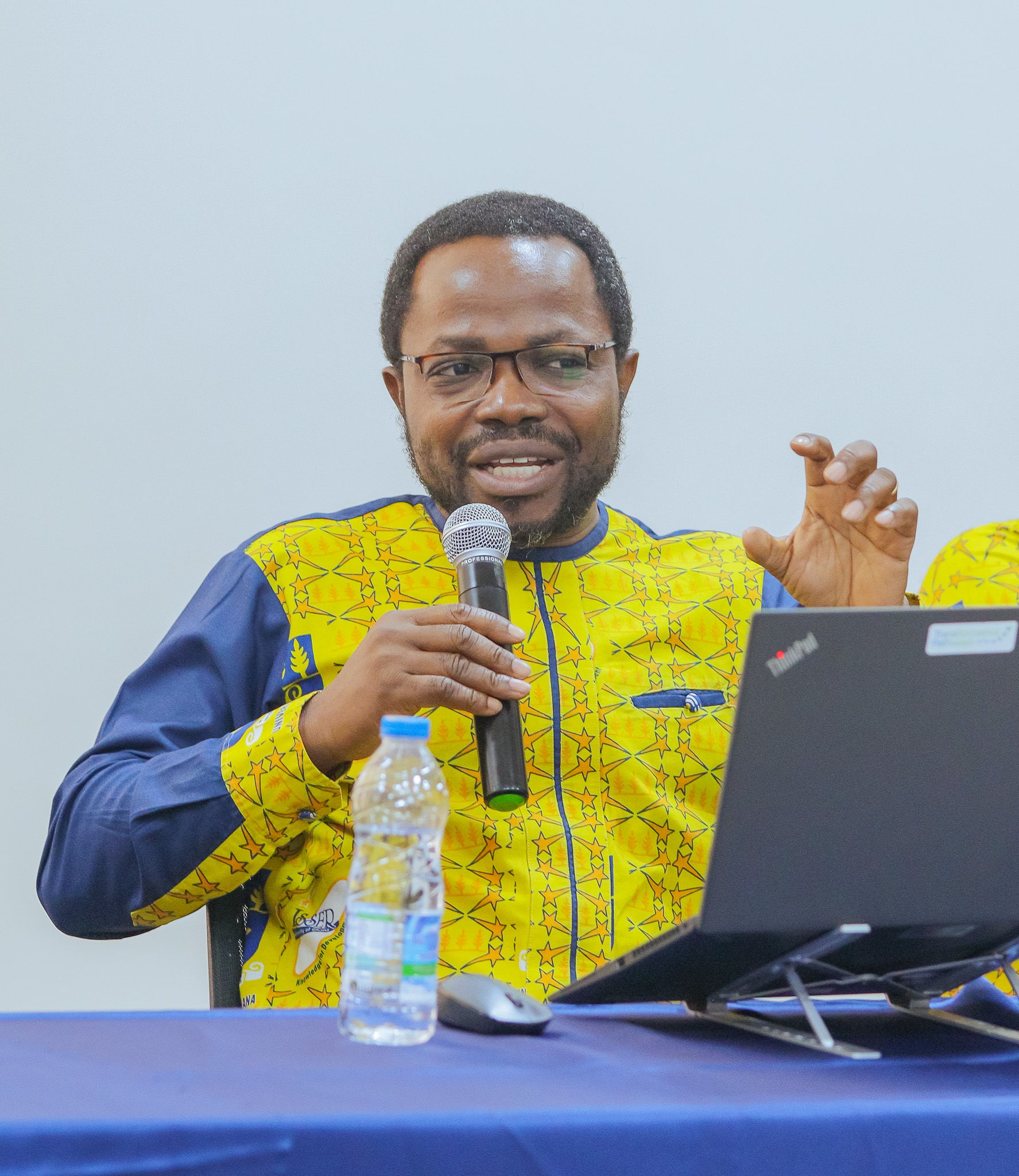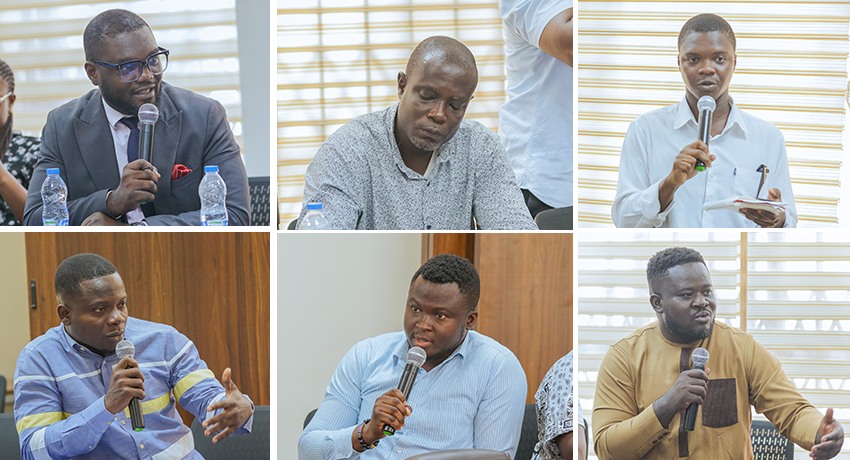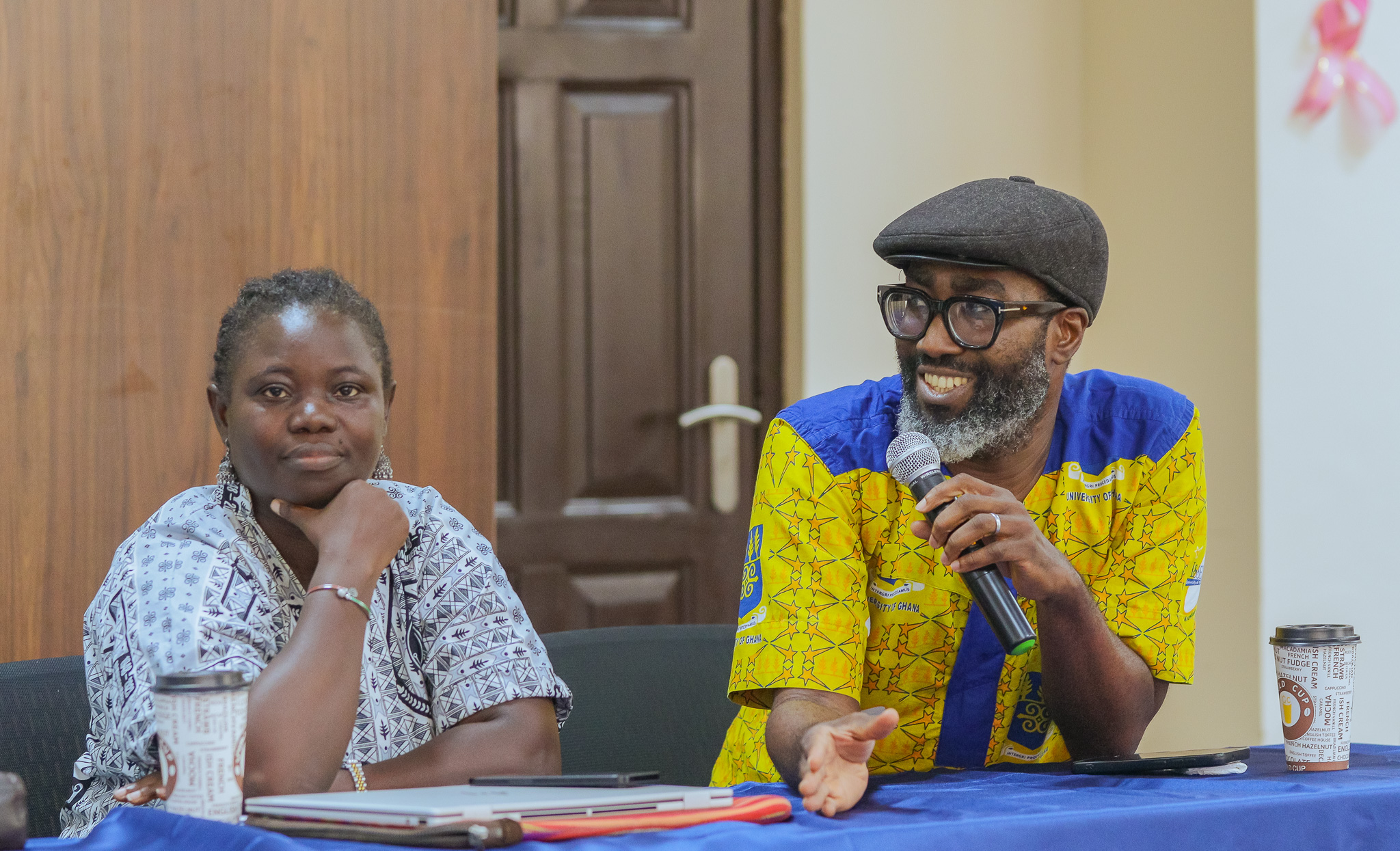Economic and Social Policy Experts at ISSER Call for Targeted Policies to Ensure 2026 Budget Delivers Growth and Jobs
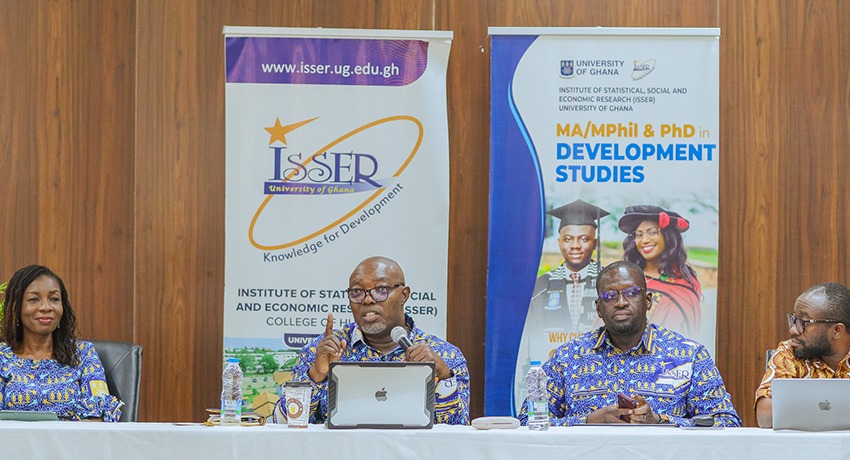
A team of faculty at the Institute of Statistical, Social and Economic Research (ISSER), University of Ghana, has urged the government to adopt targeted, evidence-driven policies to ensure the 2026 Budget delivers tangible benefits for Ghanaians.
This call came during a media engagement session organised by ISSER following an extensive internal review by a multidisciplinary team of faculty from both the Economics and Social Divisions of ISSER. The review assessed key fiscal and socio-economic issues in the budget, with recommendations that careful implementation and continuous monitoring are crucial to the budget’s success.
Addressing the media, Prof. Robert Darko Osei, Director of ISSER, explained that the analysis presented reflects the collective work of the Institute’s researchers. He said the session provides a platform for ISSER to deliver independent, objective and research-backed analysis of government fiscal performance, educate the public and offer recommendations for stronger fiscal, social and economic outcomes. “This engagement forms part of ISSER’s long-standing commitment to connecting rigorous research with national economic policy and public discourse,” he noted.
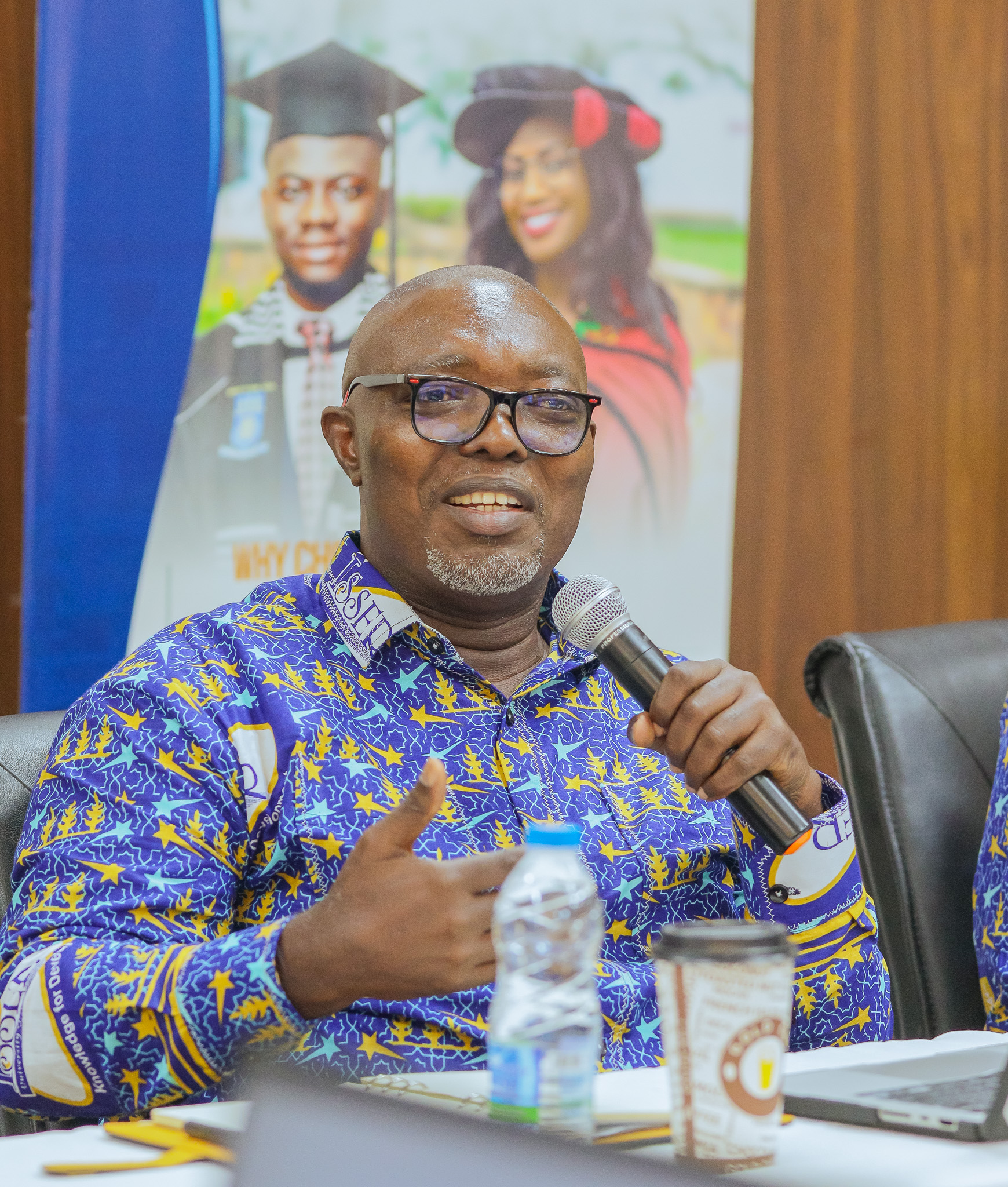
Prof. Osei highlighted that while global economic conditions remain challenging, the 2026 Budget, with projected growth of 4.8%, anchors Ghana’s recovery on three key objectives, which include growth, jobs and microeconomic stability. He detailed that the “big push” and the many programmes outlined in the budget must be carefully planned and implemented to generate tangible improvements in the lives of ordinary Ghanaians.
The Director further observed that monetary policies have generally performed well in 2025, with improvements in inflation and exchange rate indicators, but stressed that maintaining stability is essential for businesses to operate effectively.
On trade, Prof. Osei noted that exports of commodities such as oil and gold have strengthened Ghana’s trade balance and boosted international reserves. He cautioned, however, that challenges such as smuggling continue to impede progress. He also stressed the importance of leveraging the African Continental Free Trade Area (AfCFTA) to facilitate trade and regulate import regimes affecting the free movement of goods.
ISSER experts also reported that agriculture remains a critical sector requiring policy support. They recommended measures to improve access to credit, establish fair pricing mechanisms and adopt modern farming technologies.
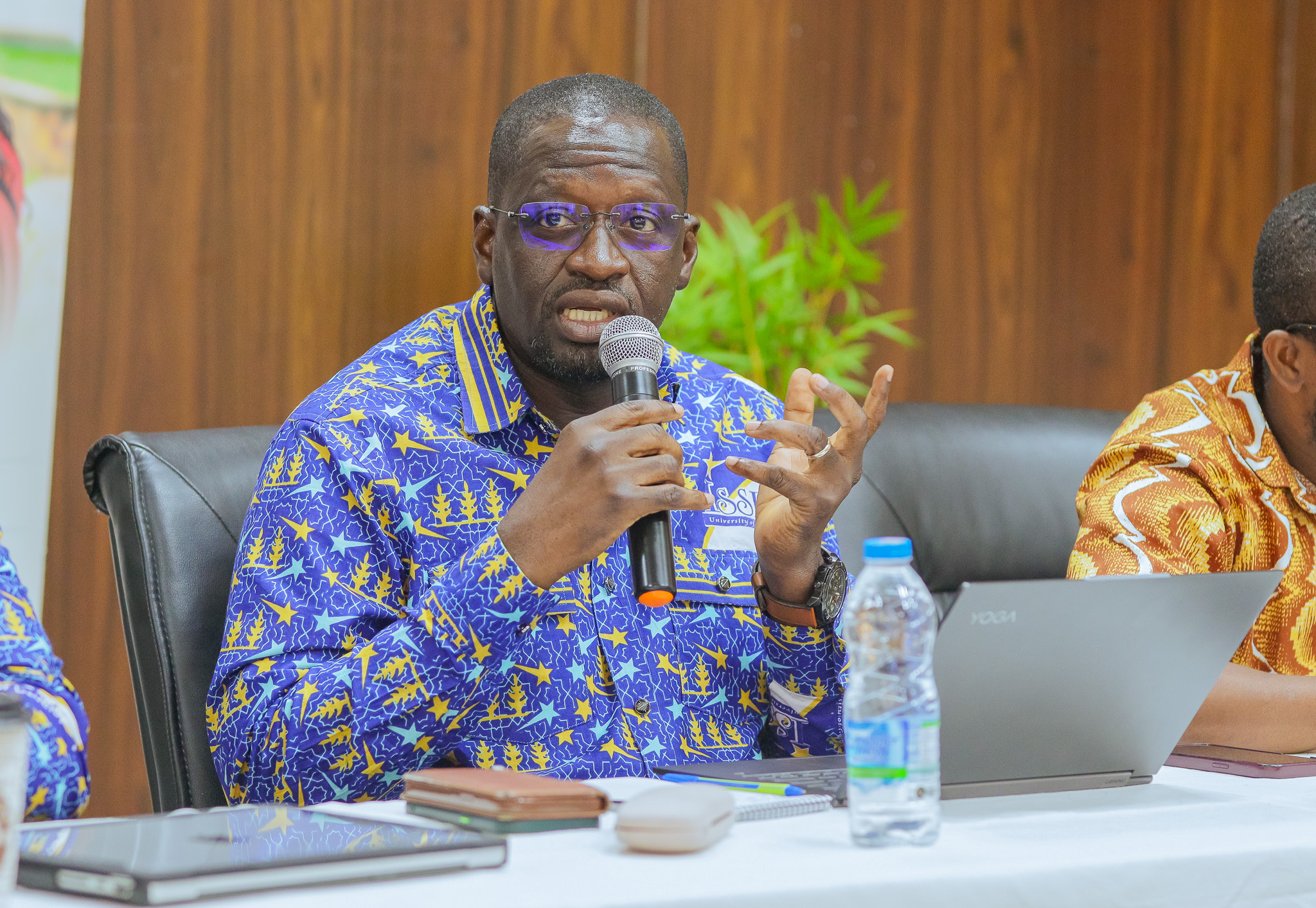
Prof. Peter Quartey, immediate past Director of ISSER, added that Micro, Small and Medium Enterprises (MSMEs) require targeted support to ensure sustainability and growth.
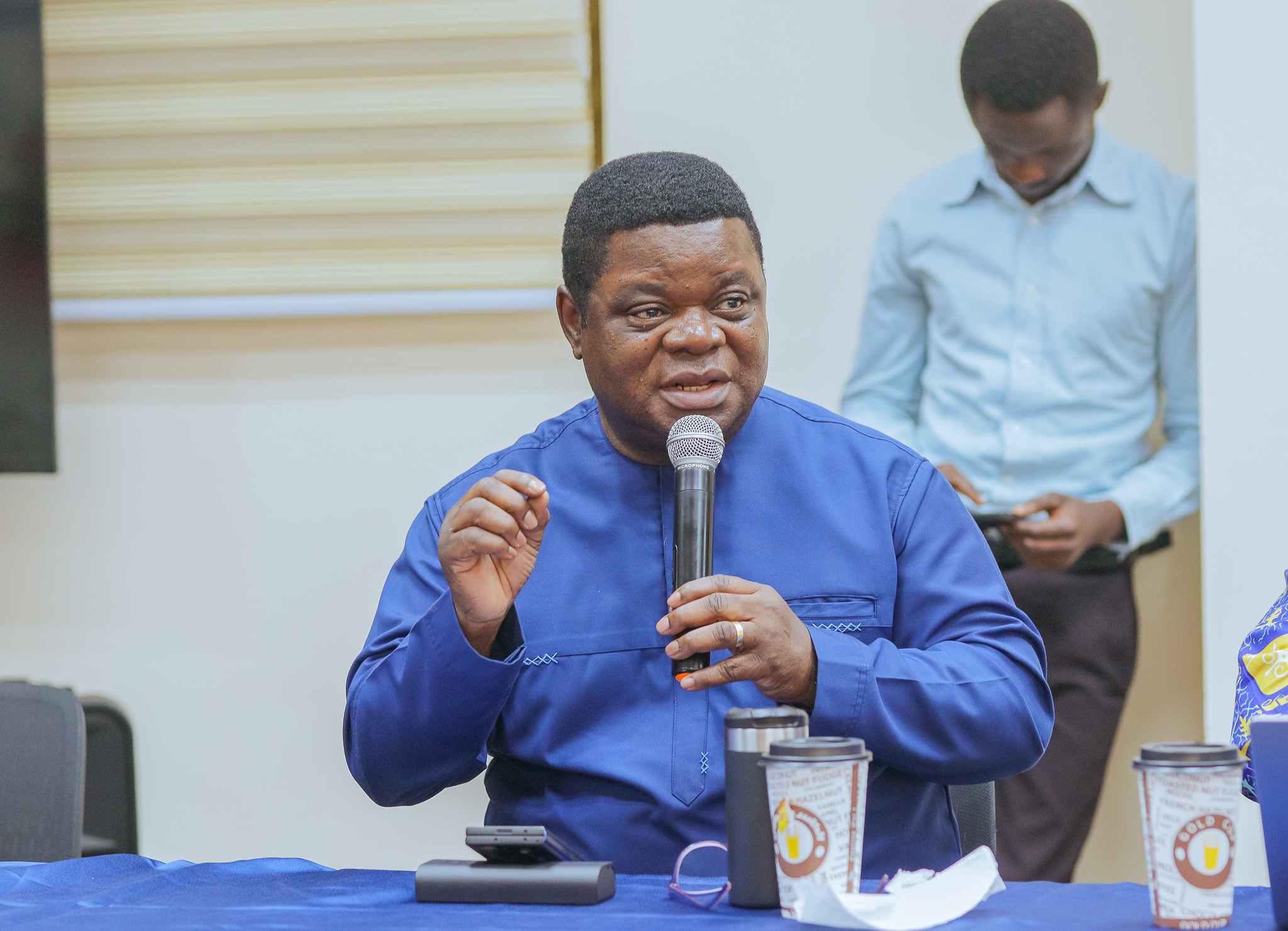
Commenting on the government’s plan to establish a Women’s Bank, he recommended that, given existing structural challenges, it would be ideal to partner with established financial institutions such as GCB and ADB, which have nationwide reach, to roll out the initiative. He clarified that this approach would ensure wider accessibility, improve efficiency and increase the likelihood that the programme delivers meaningful economic benefits to women nationwide.
The 2026 Budget, themed “Resetting for Growth, Jobs and Economic Transformation,” was presented on November 13, 2025 by Finance Minister Hon. Ato Forson, outlining the government’s priorities, including strong economic growth, falling inflation, a stronger cedi, improved external buffers, restored fiscal discipline, deep fiscal reforms, strong and independent fiscal oversight, lower borrowing costs, significant debt reduction, restored investor confidence, expanded social protection, better debt management strategies and massive infrastructure development.
